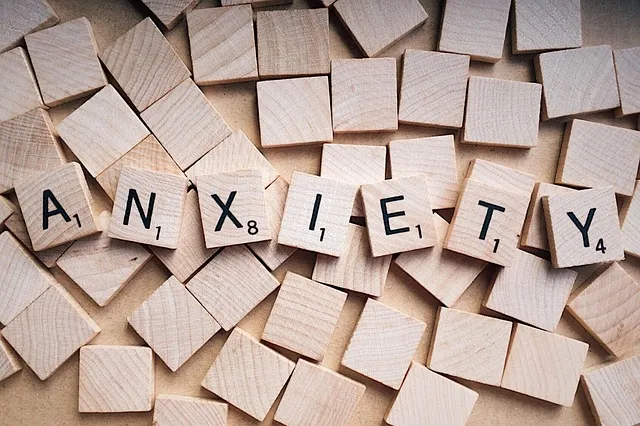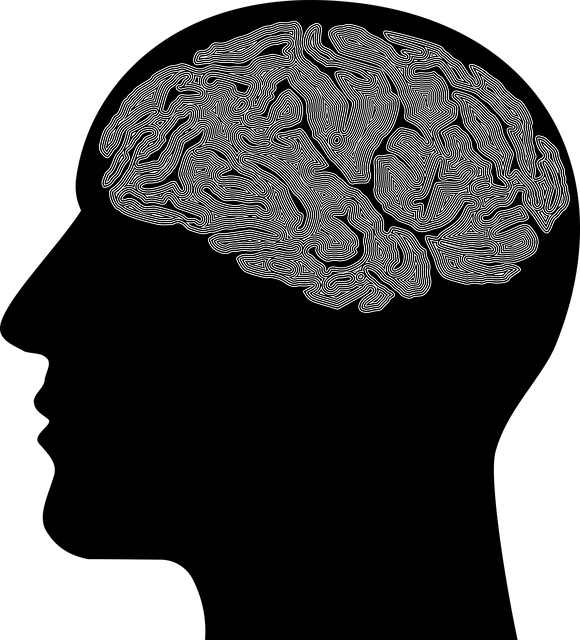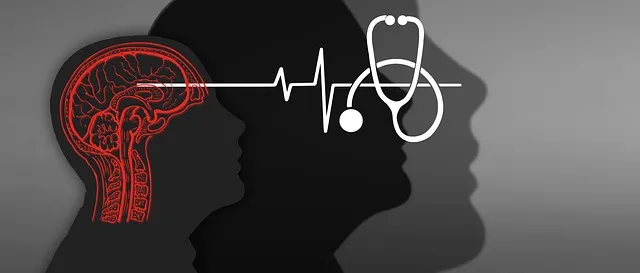The Kaiser Permanente behavioral health center in Broomfield takes a holistic approach to stress management, combining evidence-based strategies like Cognitive Behavioral Therapy (CBT), mindfulness, physical activity, and education. They empower individuals with tools to identify and change negative thought patterns, practice present-moment awareness, engage in regular exercise, and build resilience against adversity, all aimed at enhancing overall well-being beyond symptom treatment.
“Stress management techniques are essential tools for maintaining mental and physical well-being, especially in today’s fast-paced world. At the Kaiser Permanente Behavioral Health Center Broomfield, we delve into effective strategies to combat stress and promote resilience. This article explores a comprehensive approach to stress relief, including cognitive behavioral therapy (CBT), mindfulness practices, physical activity, and building resiliency. By understanding the impact and causes of stress at our behavioral health center, readers will gain valuable insights into navigating life’s challenges with greater ease.”
- Understanding Stress: Unveiling the Impact and Causes at Kaiser Permanente Behavioral Health Center Broomfield
- The Role of Cognitive Behavioral Therapy (CBT) in Stress Management
- Mindfulness and Meditation Techniques for Daily Practice
- Physical Activity and Exercise as Effective Stress Relievers
- Building Resiliency: Strategies to Navigate Life's Challenges
Understanding Stress: Unveiling the Impact and Causes at Kaiser Permanente Behavioral Health Center Broomfield

At Kaiser Permanente Behavioral Health Center Broomfield, understanding stress involves delving into its multifaceted impact and causes. Stress isn’t merely an emotional response; it triggers physiological changes, affecting everything from heart rate to sleep patterns. Chronic or prolonged stress can lead to burnout prevention issues, making it crucial for individuals to recognize and manage their stress levels effectively. The center’s community outreach program implementation plays a vital role in educating folks on these dynamics, aiming to foster healthier coping mechanisms.
Through various programs, Kaiser Permanente Behavioral Health Center Broomfield offers valuable insights into the complexities of stress. One notable initiative is Social Skills Training, which equips individuals with tools to navigate social interactions more effectively, thereby reducing stress in social settings. This holistic approach underscores the center’s commitment to not just treating symptoms but empowering individuals with strategies for long-term well-being and stress management.
The Role of Cognitive Behavioral Therapy (CBT) in Stress Management

Cognitive Behavioral Therapy (CBT) plays a pivotal role in stress management strategies offered at Kaiser Permanente behavioral health center Broomfield. CBT focuses on identifying and changing negative thought patterns that contribute to elevated stress levels, offering individuals tools to effectively cope with challenging situations. By addressing underlying beliefs and behaviors, CBT empowers individuals to manage stress more adaptively, enhancing their overall well-being.
This evidence-based approach has proven particularly effective in mitigating anxiety relief concerns, as it equips mental health professionals with a risk assessment toolkit. Incorporating cultural sensitivity in mental healthcare practice is integral to CBT’s success, ensuring that interventions are tailored to meet the diverse needs of all individuals seeking stress management support at the Kaiser Permanente behavioral health center Broomfield.
Mindfulness and Meditation Techniques for Daily Practice

Mindfulness and meditation have emerged as powerful tools for managing stress, offered by Kaiser Permanente behavioral health center Broomfield as part of their holistic wellness approach. These ancient practices focus on training the mind to be present in the moment, thereby reducing anxiety and improving overall mental health. Daily mindfulness exercises involve paying close attention to your senses, thoughts, and feelings without judgment, allowing you to acknowledge and let go of stressors as they arise.
Meditation complements this by encouraging a state of calm and relaxation through focused breathing and mental imagery. Regularly incorporating these techniques into your routine can significantly enhance your resilience against stress, making them valuable components in any comprehensive Stress Management program, especially when combined with Mental Health Education Programs Design or Risk Management Planning for Mental Health Professionals.
Physical Activity and Exercise as Effective Stress Relievers

Physical activity and regular exercise are powerful tools in managing stress, as endorsed by experts at the Kaiser Permanente behavioral health center Broomfield. Engaging in physical exertion releases endorphins, often referred to as ‘feel-good’ hormones, which can reduce feelings of pain and create a sense of well-being. This natural response helps lower stress levels and improves overall mood. Moreover, exercise provides an outlet for frustration and anger, allowing individuals to channel their emotions into a productive activity that strengthens both body and mind.
The Community Outreach Program Implementation at the Kaiser Permanente center promotes these benefits by encouraging residents to incorporate physical activity into their daily routines. Resilience Building through regular exercise is another key aspect emphasized in their programs, as consistent movement enhances emotional regulation. This, in turn, helps individuals cope more effectively with stressful situations, fostering a healthier and more balanced lifestyle.
Building Resiliency: Strategies to Navigate Life's Challenges

Building resilience is a key component of stress management, enabling individuals to navigate life’s challenges with greater ease and adaptability. The Kaiser Permanente behavioral health center in Broomfield offers valuable insights into fostering this mental fortitude. Strategies taught include developing effective coping mechanisms, such as mindfulness practices and cognitive reframing, which help individuals confront and overcome stressful situations.
By integrating these techniques into daily routines, individuals can enhance their ability to manage stress, improve emotional well-being, and ultimately, build a buffer against adversity. The center’s focus on Mental Health Awareness is not just about understanding the importance of mental health but also providing practical tools like Crisis Intervention Guidance and Conflict Resolution Techniques, empowering people to face challenges head-on with increased resilience and confidence.
At the Kaiser Permanente Behavioral Health Center Broomfield, understanding stress involves recognizing its multifaceted nature and impacts. By combining evidence-based methods like Cognitive Behavioral Therapy (CBT), mindfulness practices, physical activity, and resilience-building strategies, individuals can effectively manage stress. Integrating these techniques into daily routines empowers folks to navigate life’s challenges with greater ease and well-being, ultimately enhancing their overall quality of life.






